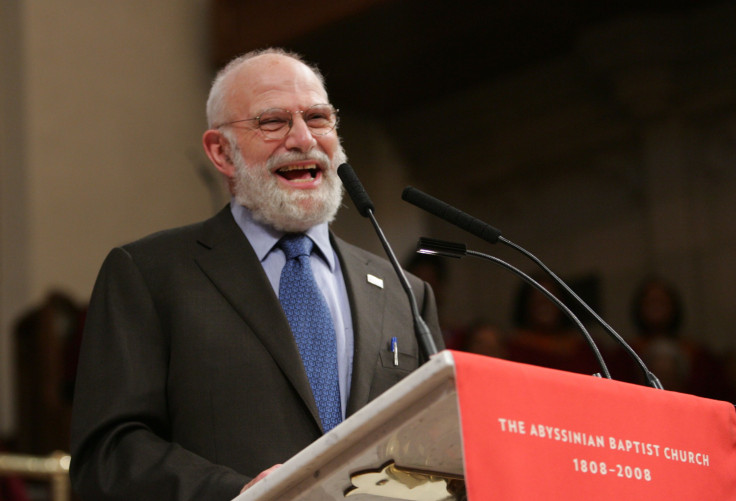Reactions To Oliver Sacks' Death On Social Media Highlight His Humanism

Just weeks before his death, the British author and neurologist Dr. Oliver Sacks had an op-ed article published in the New York Times about his journey back into contact with his family. After charting his move first away from and then toward family and spirituality, the piece closes with this paragraph:
And now, weak, short of breath, my once-firm muscles melted away by cancer, I find my thoughts, increasingly, not on the supernatural or spiritual, but on what is meant by living a good and worthwhile life.
Those preoccupations -- what it means to be a good human being -- animated much of Sacks’ work, and his thoughts about what it means to live well and fully were what endeared him to so many.
Minutes after news of his death began to circulate and people around the world started to express their condolences on social media, it was Sacks’ humanity and warmth, rather than his discoveries, that people highlighted first:
Woke up to find my hero Oliver Sacks has died. He was like no one in medicine or writing. I will dearly miss him. http://t.co/Bf9zZASQHw
— Atul Gawande (@Atul_Gawande) August 30, 2015The great, humane and inspirational Oliver Sacks has died. He wrote this recently. That's a life well-lived. pic.twitter.com/ZnaKrOzkBm
— J.K. Rowling (@jk_rowling) August 30, 2015Even Sacks’ scholarship, exploring the peculiarities of the brain and the way it processes the world, has a humanity to it:
"It really is a very odd business that all of us, to varying degrees, have music in our heads." -- Oliver Sacks
— Carrie Brownstein (@Carrie_Rachel) August 30, 2015Expressions of feelings about Sacks were not confined to text, either. A number of artists took the opportunity to share work that reflected how they felt about him, as shown in this Instagram post by tuccicursive.
© Copyright IBTimes 2024. All rights reserved.







